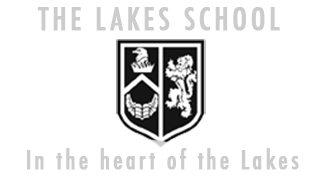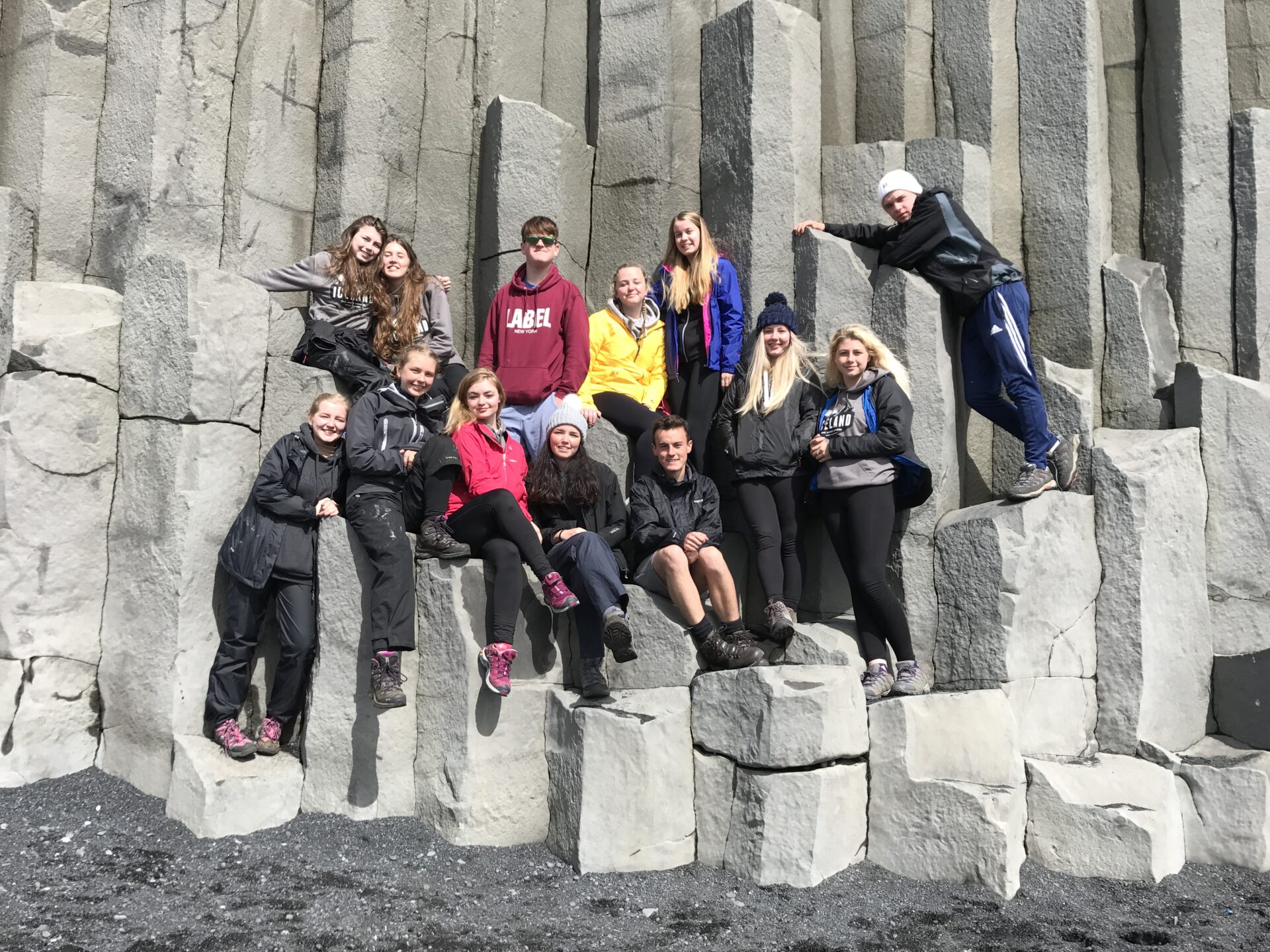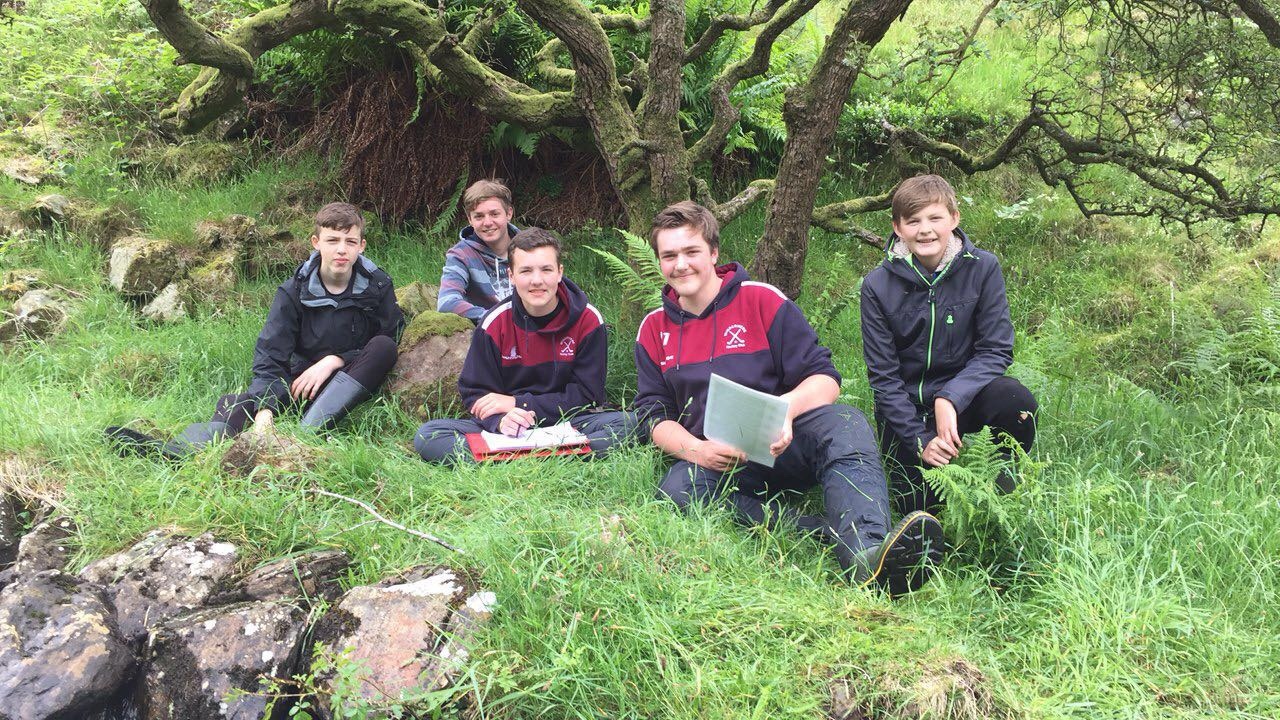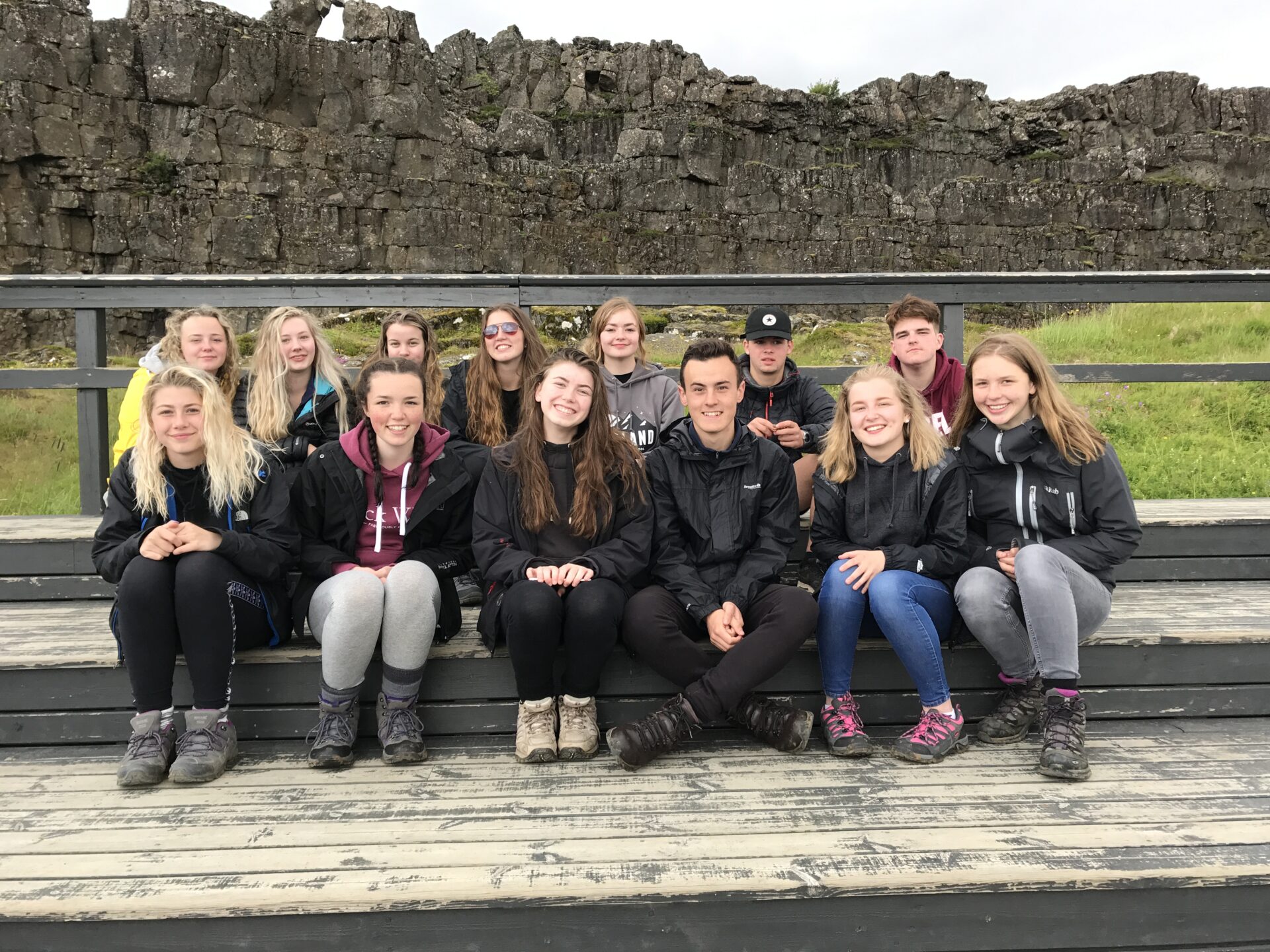GEOGRAPHY
Welcome to the Geography department at The Lakes School.
We are a dedicated and enthusiastic Geography team with a strong commitment to providing students with a varied and challenging geography curriculum.
If you have any further questions about the curriculum we deliver or anything relating to the Geography Department then please contact the school office who will be happy to put you in touch with us.
A Creative Approach to Homework
 The Lakes School Geography Department believes in providing students with a wide range of innovative and creative homework projects. These allow our students to demonstrate their knowledge and enthusiasm for the subject through exciting and creative homework tasks.
The Lakes School Geography Department believes in providing students with a wide range of innovative and creative homework projects. These allow our students to demonstrate their knowledge and enthusiasm for the subject through exciting and creative homework tasks.
The broad scope of tasks provided allows pupils to not only build on their existing geographical knowledge but to explore and widen their horizons by investigating and researching landscapes and issues that are of specific interest to themselves.
Beyond the Classroom: Fieldtrips
 In Year 7, pupil’s geographical studies are focused on the local area. We develop traditional map skills exploring Troutbeck Bridge.
In Year 7, pupil’s geographical studies are focused on the local area. We develop traditional map skills exploring Troutbeck Bridge.
Learning is further enhanced with the Digimaps application that allows students to manipulate information on using the latest GIS technology.
This supports the “People Everywhere” and “”Making Connections” unit.
 In Year 8, pupils venture further afield to Easedale Tarn. Studying the landforms of this valley pupils gain a valuable insight into the massive forces of nature that led to the shaping the distinct glacial landscapes of their local area.
In Year 8, pupils venture further afield to Easedale Tarn. Studying the landforms of this valley pupils gain a valuable insight into the massive forces of nature that led to the shaping the distinct glacial landscapes of their local area.
They also consider how these landscapes how both inspired and shaped lives of those living and working in the area. This supports the “Glacial Landscapes” unit.
 In Year 9, pupils are taken to the longest show caves in England at White Scar Caves.
In Year 9, pupils are taken to the longest show caves in England at White Scar Caves.
They have the opportunity to explore some incredible subterranean limestone formations during their visit.
Students also learn about the incredible landscape changes this area has undergone whilst visiting the limestone pavements around Ingleton.
This supports the “UK Landscapes” unit.
 In Year 10 and Year 11, our GCSE pupils are taken to contrasting urban and physical environments to collate data that will enable them to complete the fieldwork element of the GCSE syllabus.
In Year 10 and Year 11, our GCSE pupils are taken to contrasting urban and physical environments to collate data that will enable them to complete the fieldwork element of the GCSE syllabus.
The initial trip takes pupils to Morecambe seafront where they investigate the differences in urban environments and evaluate attempts to regenerate the area.
Attention is focused on the TERN restoration project and the use of art to improve the urban environment. Future visits may well begin to evaluate the Eden of the North project.
 Pupils will also carry out fieldwork along the River Eea. In this second trip students investigate how flood risks may change as the river changes downstream.
Pupils will also carry out fieldwork along the River Eea. In this second trip students investigate how flood risks may change as the river changes downstream.
They also investigate the downstream changes in river characteristics. This involves studying the river itself and the changes in the surrounding valley and land-use.
This supports both the “UK Physical Landscapes” and “UK Urban Landscapes” unit. Pupils will also carry out fieldwork along the River Eea.
 At Keystage 5, our A-Level pupils complete a wide range of fieldwork days in a variety of human and physical environments with the intention of inspiring them to complete their own independent investigations.
At Keystage 5, our A-Level pupils complete a wide range of fieldwork days in a variety of human and physical environments with the intention of inspiring them to complete their own independent investigations.
Students will investigate urban landscapes in coastal settlements such as Morecambe, Barrow and Liverpool.
Physical environments are studied such as the sand dune systems in both Ainsdale and Roan Head, Hydrology and Flood Management along the Kent and assessing carbon storage in Forest and Moorland ecosystems.
Going Further: International Fieldtrips
 As a department we are also keen to give our students the opportunity to travel much further afield and over the years and our staff have both led and taken part in field trips to Norway, Morocco, Japan and most recently Iceland.
As a department we are also keen to give our students the opportunity to travel much further afield and over the years and our staff have both led and taken part in field trips to Norway, Morocco, Japan and most recently Iceland.
The Iceland trip has become a fundamental part of the A-Level Geography experience with our pupils completing a circuit of the country, following Route 1, over the course of an enjoyable and jam-packed 7 days.
Year 8 Geography

Year 9 Geography

GCSE Geography
 Paper 1: Global Geographical Issues
Paper 1: Global Geographical Issues
We turn our attention to global issues in Y10 and look initially at physical phenomenon and the devastating effects they can have on our lives. We consider both tectonic and climatic events, including long term threats such as climate change.
This paper then looks at global issues that present challenges in our human environment such as the growing inequality and level of development between nations and the challenges of many rapidly growing urban environments.
 Paper 2: UK Geographical Issues
Paper 2: UK Geographical Issues
We explore both physical and human geography in this unit. River and coastal environments are studied in detail as well as investigations into the rapidly changing urban environments in the UK. These studies are complemented with a number of fieldtrips around Cumbria and Lancashire.
 Paper 3: People & Environment Issues
Paper 3: People & Environment Issues
Sustainable management is the over-riding theme in this unit and with almost 8 billion people on the planet we investigate how this puts pressure on global environments. The growing demand for agricultural products and energy has led to the destruction of eco-systems worldwide and you will investigate whether there are viable alternatives to secure a sustainable future.
A-Level Geography
This paper encompasses a wide range of physical phenomena. Students investigate the cause, effects and management of tectonic and climatic hazards. Coastal landscapes are studied and the challenge of managing them with rising sea-levels are considered. Global systems such as the hydrological and carbon cycles are taught in Y13.
Paper 2: Human Geography
This unit focuses on challenging geographical issues such as globalisation and regeneration, in particular looking at UK urban environments. In Y13 students research complex geopolitical issues in the Superpowers unit, in which the shifting power between nations is examined. Migration and nations unit offers students the opportunity to evaluate their own views on cultural identity.
This is perhaps the most challenging paper in the geography A-level. It examines the student’s ability to interpret and evaluate information from a wide range of sources. The paper consists of statistics, graphs, map sources, political cartoons and other sources of reference. It combines elements from the entire A-level course and allows students to examine the links between the varied units they have covered.
This forms the final part of the Geography A-level course. Students are given freedom to investigate any geographical issue that they are particularly interested in and produce a written report. They will collect information independently and analyse and interpret their results. Past students have evaluated flood defenses in Kendal, glacial landforms in Easedale and Art-based regeneration in Morecambe.

















